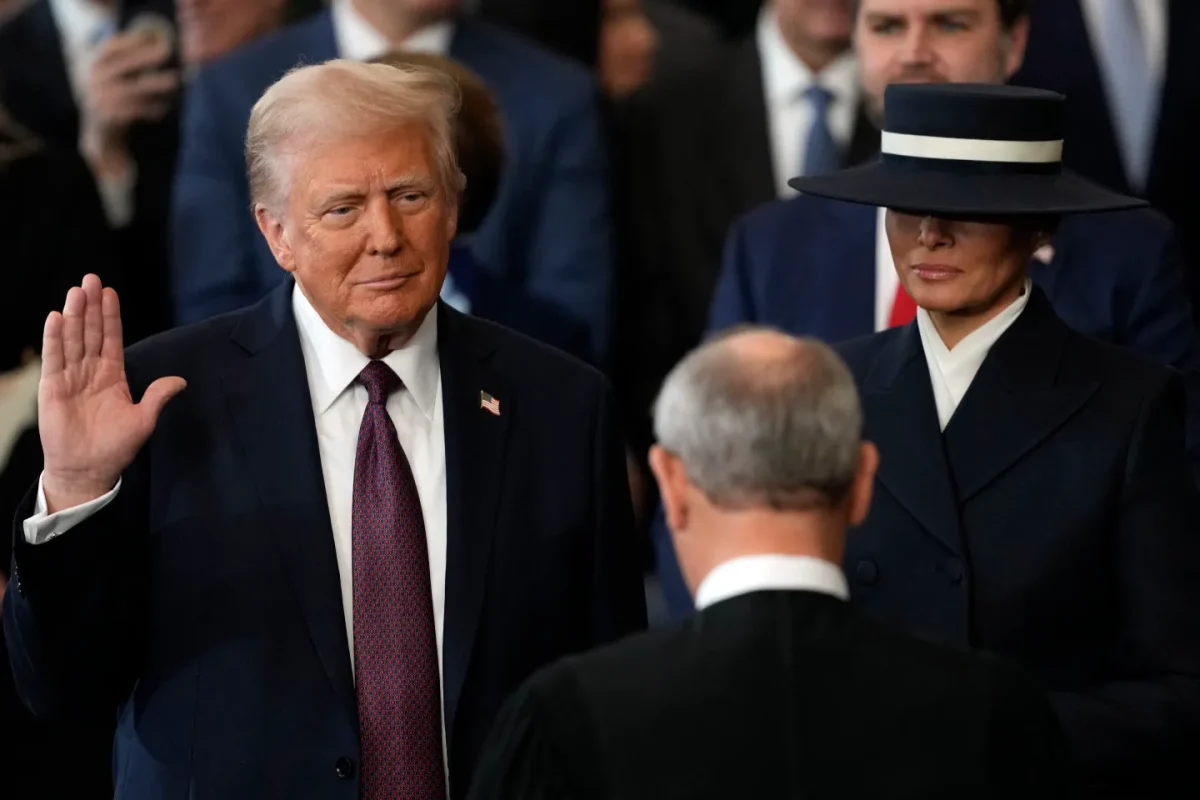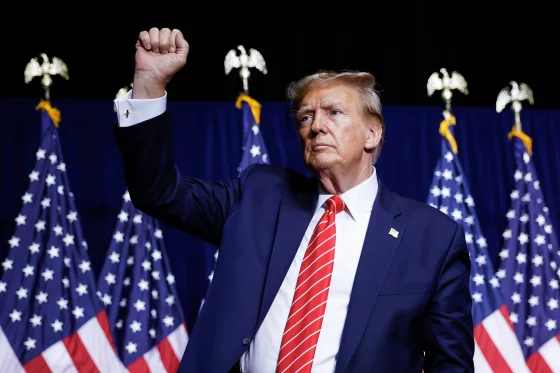As conflict around the globe increases, first with Russia and Ukraine, and now the eruption of the Middle East, another seemingly inevitable conflict could also soon escalate. For years, the threat of a Chinese invasion of Taiwan has been very real. In recent months, China’s military presence has been the highest ever, with 103 fighter jets flying around the island on Sept. 18. With an important election coming in January of 2024, the Democratic Progressive Party (which does not support ties with China) hopes to defend its control of the Presidency. A win for the opposing Kuomintang Party (KMT) could open the door for a diplomatic solution to the conflict between Taiwan and China, which believes that a one nation two system approach to the issue is the only way to avoid a violent invasion.
The conflict between the two sides goes back to disputes between the Republic of China (ROC) and the People’s Republic of China (PRC) in 1949. After the ROC failed in the Chinese Civil War against the PRC (then Chinese Communist Party), they relocated to Taiwan where their official independence from the mainland was ambiguous, and is still unclear to this day.
Taiwan is the world’s leader in semiconductor manufacturing, with the Taiwan Semiconductor Manufacturing Company being one of the top ten richest companies on the planet, valued at almost $550 billion. The US restricted exports of Semiconductors made with US equipment to China on Oct. 7 2022 and plans to restrict new chips used for Artificial Intelligence as well. The Bureau of Industry and Security said the restrictions are to reduce China’s ability to “produce advanced military systems including weapons of mass destruction” and “commit human rights abuses.”
In Biden’s recent $105 billion aid package to Ukraine, Israel and the US-Mexico Border, he included $2 billion to Taiwan and Indo-Pacific Defense. This is the second defense check given to Taiwan by Biden, the first coming from the Foreign Military Finance program and being worth $80 million.
China’s potential invasion would likely warrant U.S. involvement and the possibility of war between the two countries. With the U.S. already involved financially in two other major wars, a prime opportunity for China has emerged.




